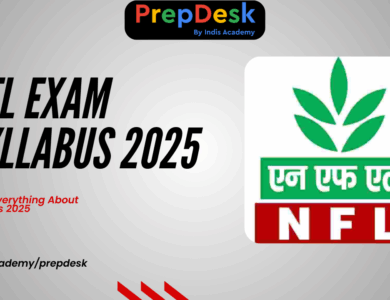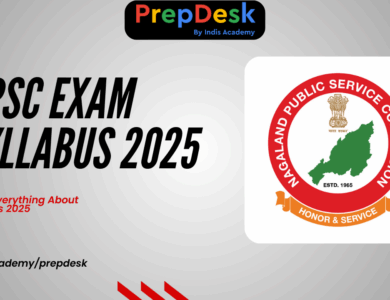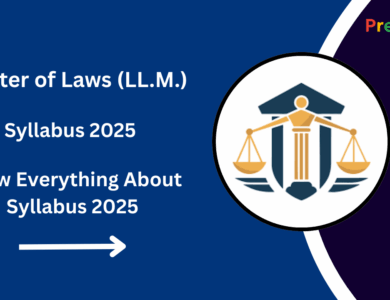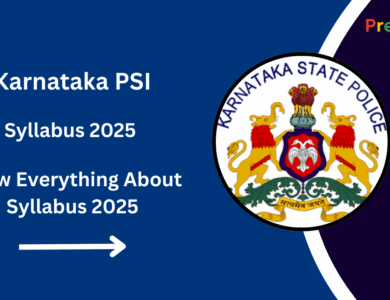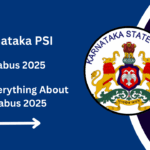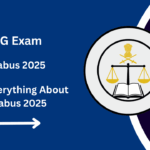D. Pharma Syllabus 2025: Semester-Wise Subjects, Core & Elective Courses
Explore the latest D. Pharma syllabus for 2025, covering core subjects like Pharmaceutics, Pharmaceutical Chemistry, Pharmacology, Biochemistry, and Human Anatomy. Understand the semester-wise structure, practical training, and career prospects in the pharmaceutical industry.
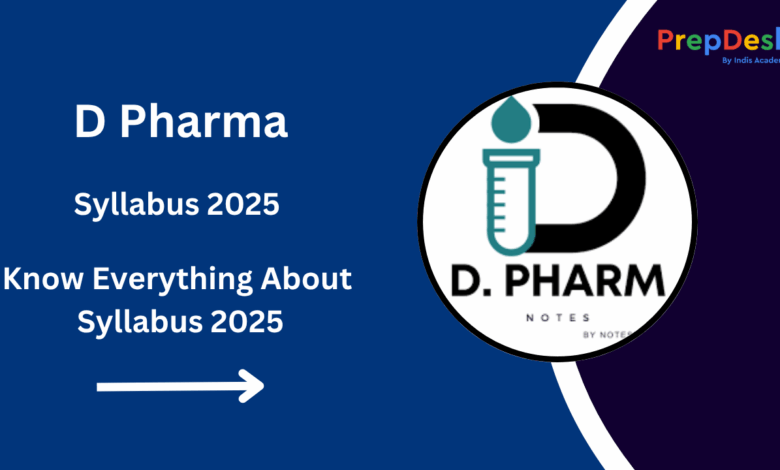
The Diploma in Pharmacy (D Pharma) is a two-year foundational course that prepares students for various roles in the pharmaceutical and healthcare industry. Regulated by the Pharmacy Council of India (PCI), this course includes both theoretical knowledge and practical skills required for drug formulation, dispensing, patient care, and pharmacy law.
Course Overview
| Course Name | Diploma in Pharmacy (D Pharma) |
|---|---|
| Duration | 2 Years (4 Semesters or Annual System) |
| Regulating Body | Pharmacy Council of India (PCI) |
| Eligibility | 10+2 with Science (Physics, Chemistry, Biology/Maths) |
| Examination Pattern | Written Exams, Practicals & Viva |
D Pharma Syllabus – Semester-wise Subjects, Topics & Descriptions
First Year Subjects
1. Pharmaceutics – I
Focuses on the fundamental concepts of pharmacy including dosage forms, prescription reading, and pharmaceutical calculations.
| Topics | Description |
|---|---|
| Introduction to Pharmacy | Scope, history, and ethics of pharmacy profession. |
| Dosage Forms | Solid, liquid, semisolid and gaseous forms of medicines. |
| Prescriptions | Structure, Latin abbreviations, and interpretation. |
| Posology | Calculation and factors affecting dosage. |
| Pharmaceutical Calculations | Alligation, dilution, and conversions. |
| Powders and Granules | Types and formulation techniques. |
| Liquid Dosage Forms | Syrups, elixirs, suspensions. |
| Semisolid Dosage Forms | Ointments, creams, gels. |
| Suppositories | Method of preparation and packaging. |
| Containers & Closures | Types, selection criteria, labeling. |
2. Pharmaceutical Chemistry – I (Inorganic)
Covers inorganic compounds used in medicine, analytical chemistry, and quality control procedures.
| Topics | Description |
|---|---|
| Acids, Bases & Buffers | Definition, preparation, and pH measurement. |
| Impurities in Pharmaceuticals | Sources and types of impurities. |
| Pharmaceutical Aids | Diluents, absorbents, antioxidants. |
| Essential Minerals | Sodium, potassium, calcium, iron compounds. |
| Radiopharmaceuticals | Basics and applications in diagnostics. |
| Limit Tests | Arsenic, chloride, sulfate, iron. |
| Volumetric Analysis | Acid-base and redox titrations. |
3. Pharmacognosy
Study of medicinal plants and natural drugs of plant, animal, and mineral origin.
| Topics | Description |
|---|---|
| Crude Drugs | Definition, classification, and sources. |
| Cultivation & Collection | Factors affecting cultivation and methods of harvesting. |
| Plant-based Drugs | Senna, clove, cinnamon, ginger, etc. |
| Extraction & Isolation | Methods for obtaining active constituents. |
| Adulteration | Types and detection techniques. |
| Plant Tissue Culture | Modern biotechnology applications. |
4. Biochemistry & Clinical Pathology
Introduces basic biomolecules and their relevance in clinical diagnostics.
| Topics | Description |
|---|---|
| Carbohydrates, Proteins, Lipids | Structures and biological roles. |
| Vitamins | Types, sources, deficiency diseases. |
| Enzymes | Function and mechanisms. |
| Nucleic Acids | DNA, RNA structure and functions. |
| Clinical Tests | Blood glucose, urea, liver/kidney function. |
| Urine Analysis | Routine tests for diagnosis. |
5. Human Anatomy & Physiology
Deals with the structure and function of the human body systems.
| Topics | Description |
|---|---|
| Musculoskeletal System | Bones, joints, muscles. |
| Circulatory System | Heart, blood vessels, blood. |
| Digestive System | Organs and digestion process. |
| Nervous System | Brain, spinal cord, reflexes. |
| Endocrine System | Hormones and glands. |
| Reproductive System | Male and female anatomy. |
6. Health Education & Community Pharmacy
Focuses on health awareness and pharmacist’s role in society.
| Topics | Description |
|---|---|
| Personal & Community Health | WHO guidelines, hygiene, sanitation. |
| Nutrition | Balanced diet and malnutrition. |
| Disease Prevention | Vaccination, epidemic control. |
| National Health Programs | Immunization, TB, family planning. |
| First Aid | Emergency response and CPR. |
Second Year Subjects
1. Pharmaceutics – II
Advanced formulation techniques and dispensing practices.
| Topics | Description |
|---|---|
| Dispensing Pharmacy | Compounding and labeling techniques. |
| Powders & Semisolids | Preparation and stability. |
| Emulsions & Suspensions | Formulation and storage. |
| Capsules | Hard and soft gelatin types. |
| Sterilization | Methods and validation. |
| Surgical Dressings | Types and standards. |
2. Pharmaceutical Chemistry – II (Organic)
Introduces organic compounds and their synthesis.
| Topics | Description |
|---|---|
| Classification | Hydrocarbons, alcohols, acids, etc. |
| Isomerism | Structural and optical. |
| Drug Synthesis | Paracetamol, aspirin, sulfa drugs. |
| Identification Tests | Confirmatory tests for organics. |
3. Pharmacology & Toxicology
Study of drugs and poisons including mechanisms of action.
| Topics | Description |
|---|---|
| Pharmacokinetics | ADME – Absorption, Distribution, Metabolism, Excretion. |
| CNS Drugs | Analgesics, hypnotics, antipsychotics. |
| Autonomic Drugs | Sympathetic and parasympathetic agents. |
| Toxicology | Poisoning management and antidotes. |
4. Pharmaceutical Jurisprudence
Deals with pharmaceutical laws and regulations in India.
| Topics | Description |
|---|---|
| Pharmacy Act 1948 | Registration, PCI, education regulations. |
| D&C Act 1940 | Licensing, labeling, schedules. |
| NDPS Act | Drug abuse control. |
| Medicinal & Toilet Preparations Act | Alcohol usage laws. |
5. Drug Store & Business Management
Basics of inventory, accounting, and business practices in pharmacy.
| Topics | Description |
|---|---|
| Retail & Wholesale Pharmacy | Requirements and documentation. |
| Inventory Management | Stock keeping, EOQ, FIFO. |
| Marketing | Promotion and sales strategies. |
| Accounting | Ledger, cash book, profit-loss. |
6. Hospital & Clinical Pharmacy
Explores the pharmacist’s role in a hospital environment.
| Topics | Description |
|---|---|
| Hospital Organization | Departments and functions. |
| Drug Distribution | OPD, IPD supply systems. |
| TDM | Therapeutic Drug Monitoring. |
| Prescription Audit | Rational drug use and errors. |
Practical Subjects
- Pharmaceutics I & II
- Pharmaceutical Chemistry I & II
- Pharmacognosy
- Biochemistry & Clinical Pathology
- Hospital & Clinical Pharmacy
D Pharma Syllabus PDF Download
Click Here to Download Official D Pharma Syllabus PDF
Recommended Books
- Pharmaceutics: Cooper & Gunn’s Dispensing Pharmacy
- Pharmacognosy: Trease & Evans Pharmacognosy
- Pharmacology: Essentials of Medical Pharmacology by K.D. Tripathi
- Jurisprudence: B.M. Mithal
Specialization & Career Options After D Pharma
- Pharmacist in Hospital or Retail Pharmacy
- Drug Inspector (via competitive exam)
- Pharmaceutical Marketing & Sales
- Further Study: B Pharma (Lateral Entry)
- Medical Coding or Data Entry
Preparation Tips
- Make concise subject-wise notes
- Revise regularly with past year papers
- Focus equally on theory and practicals
- Understand drug actions and side effects
- Use flashcards for classification of drugs
Conclusion
The D Pharma syllabus offers a career foundation for anyone interested in pharmacy and health sciences. From dosage formulation to pharmacology and law, this course equips students with core skills for higher studies or employment. Master each subject strategically to secure a bright career in healthcare or pursue further specialization in pharmacy fields.
